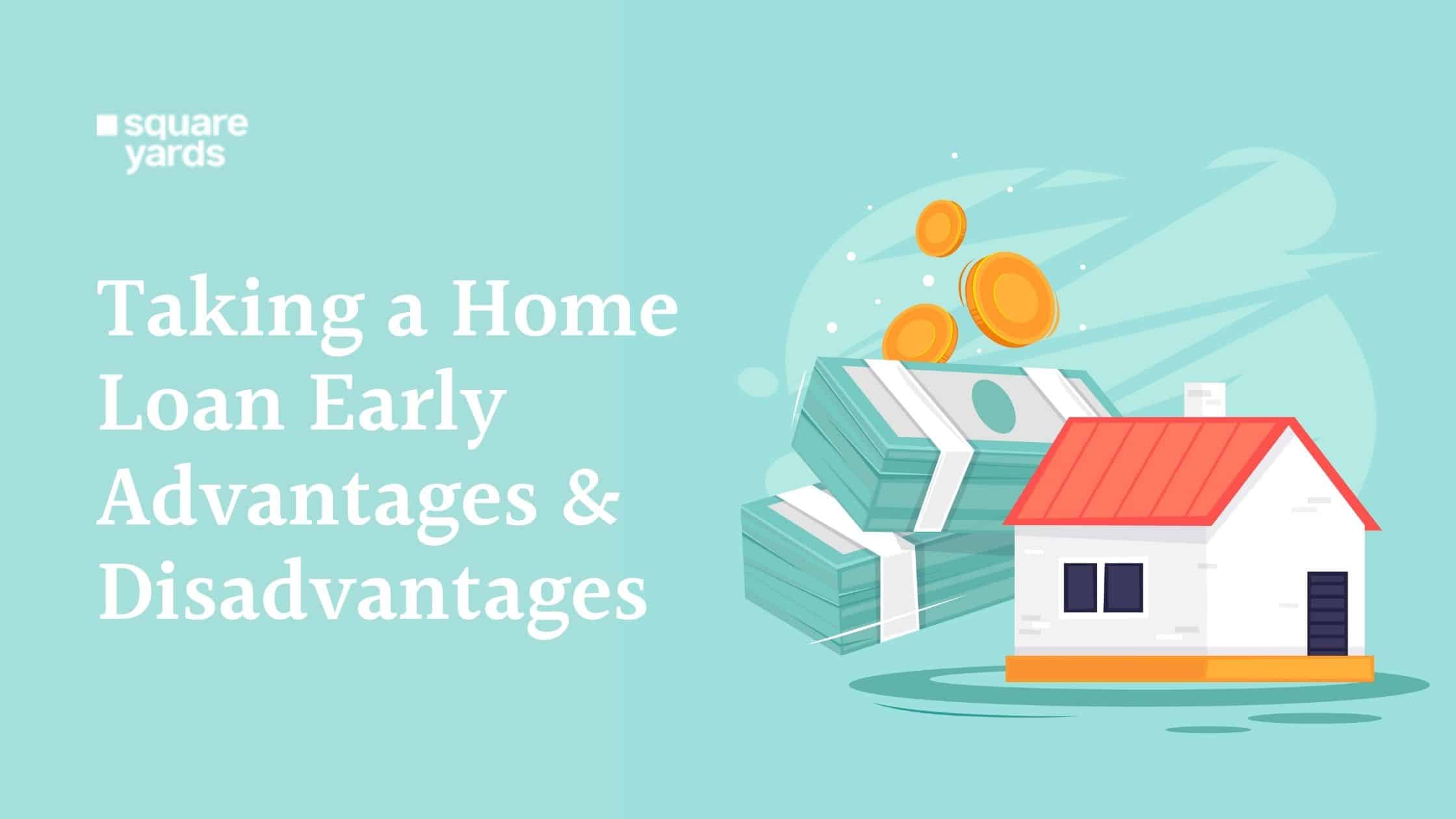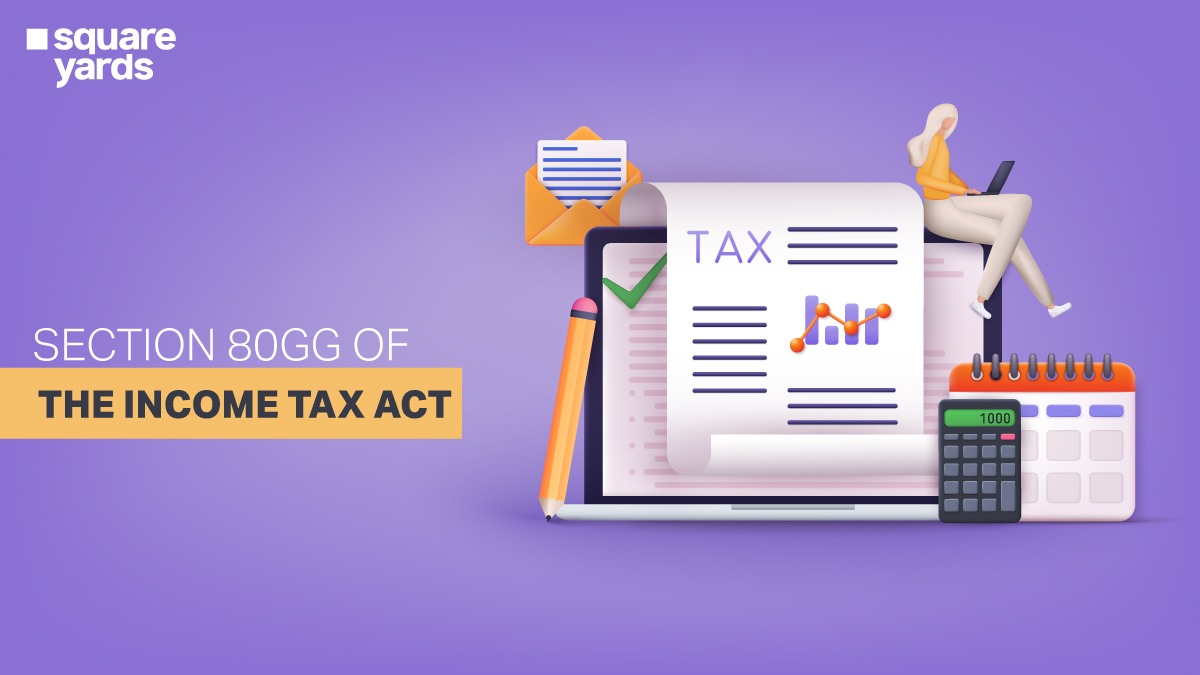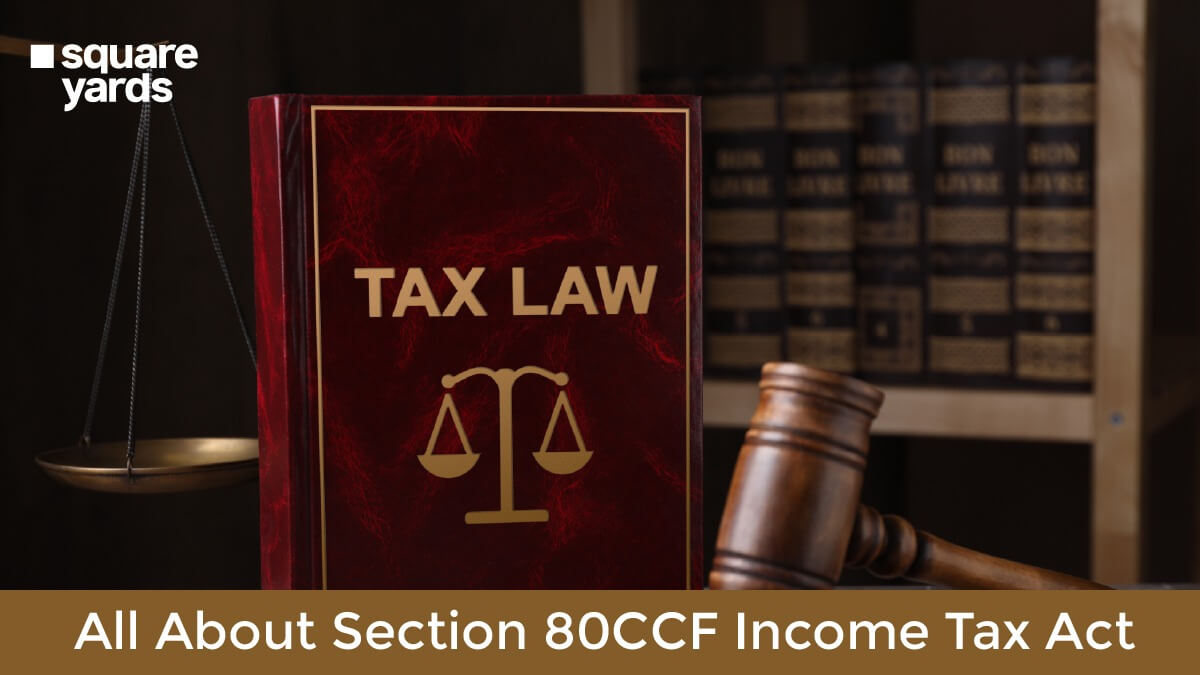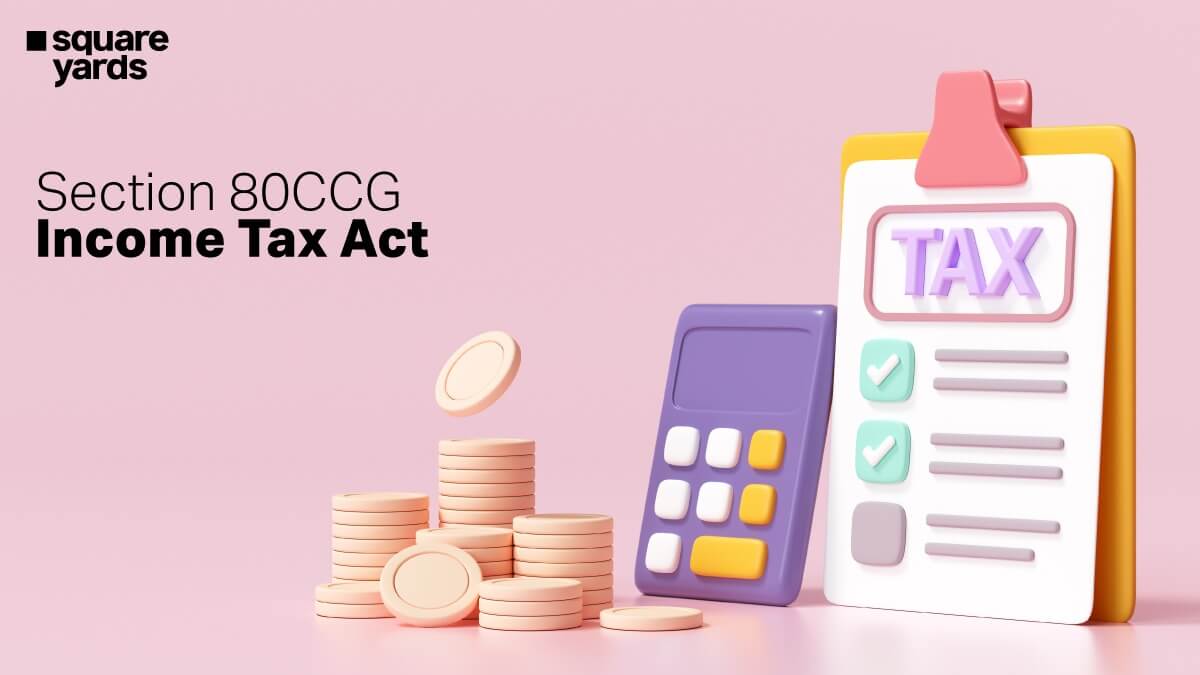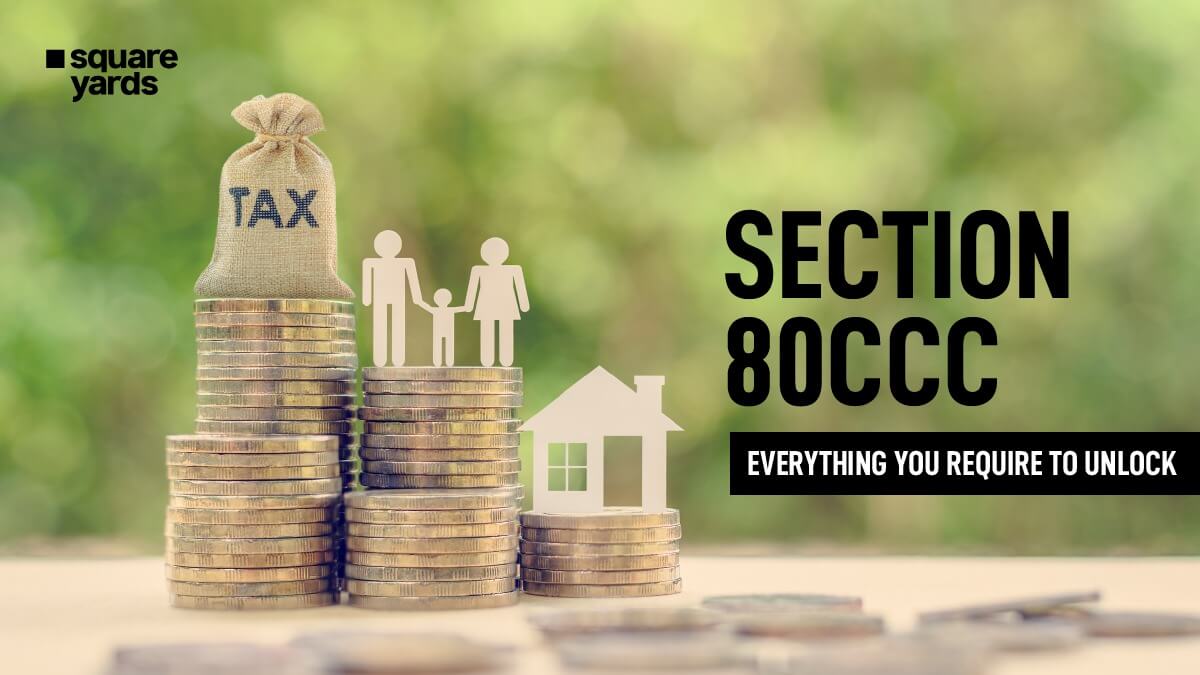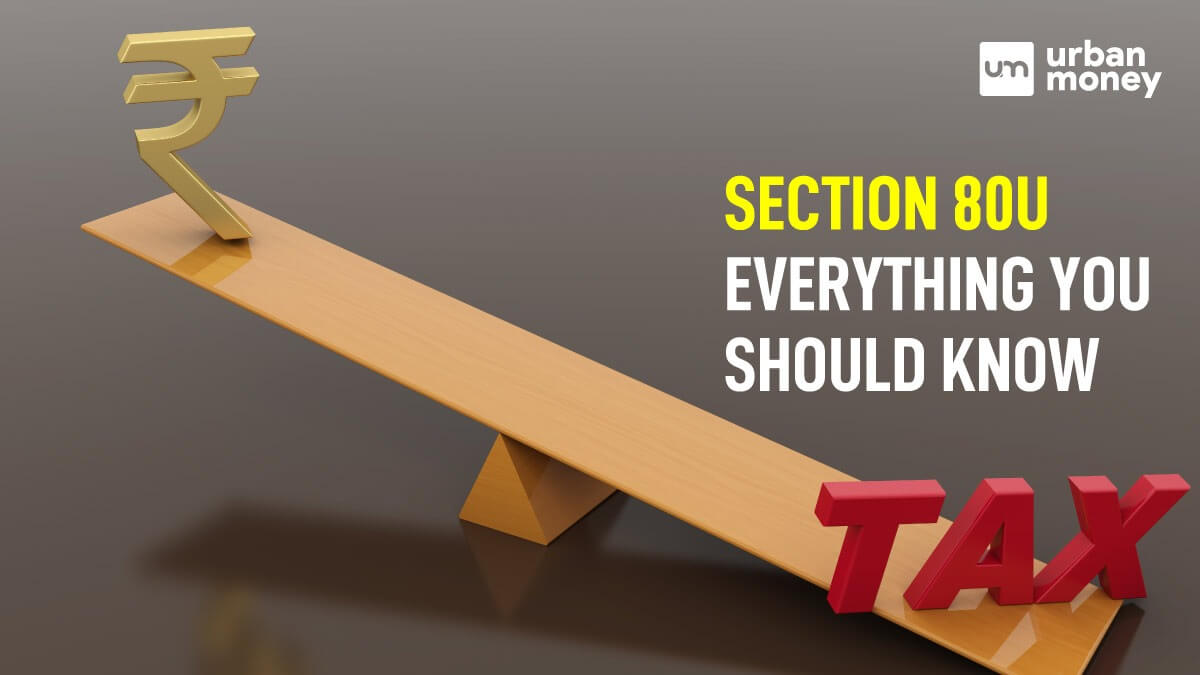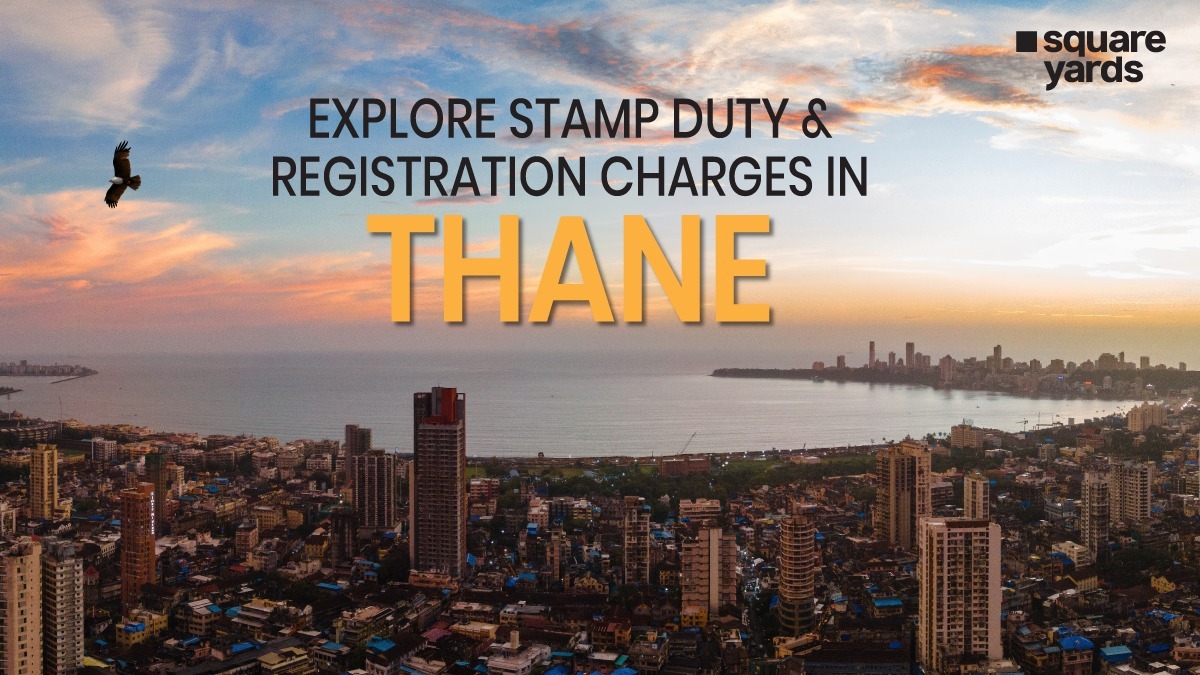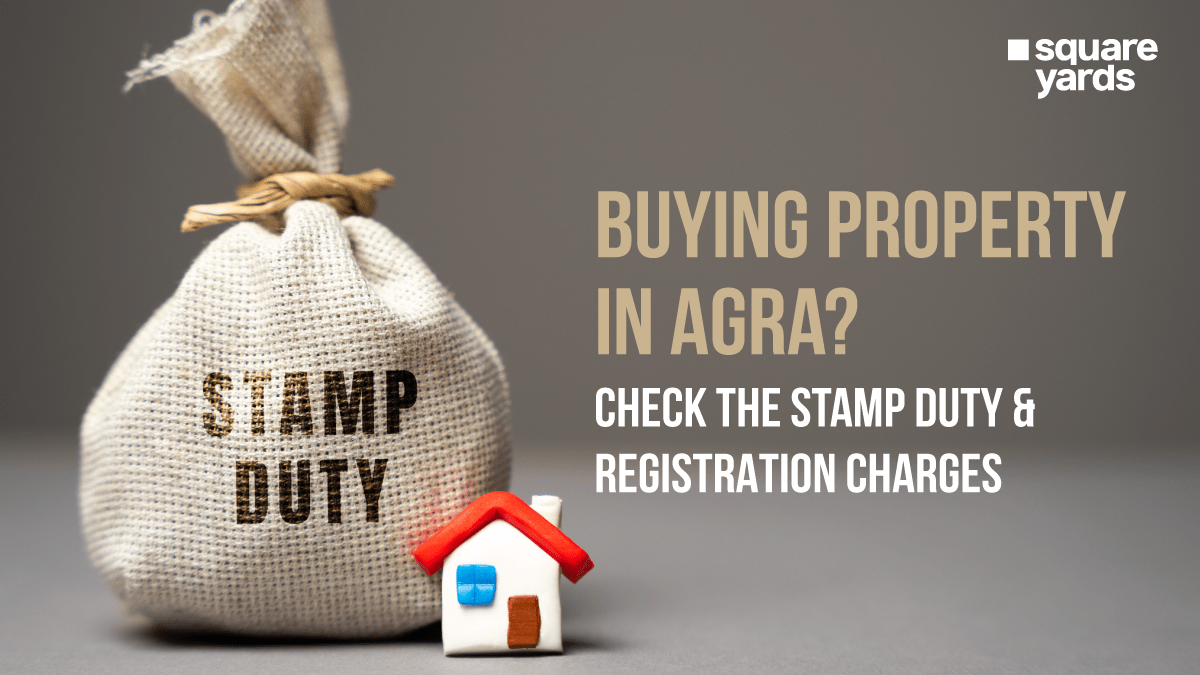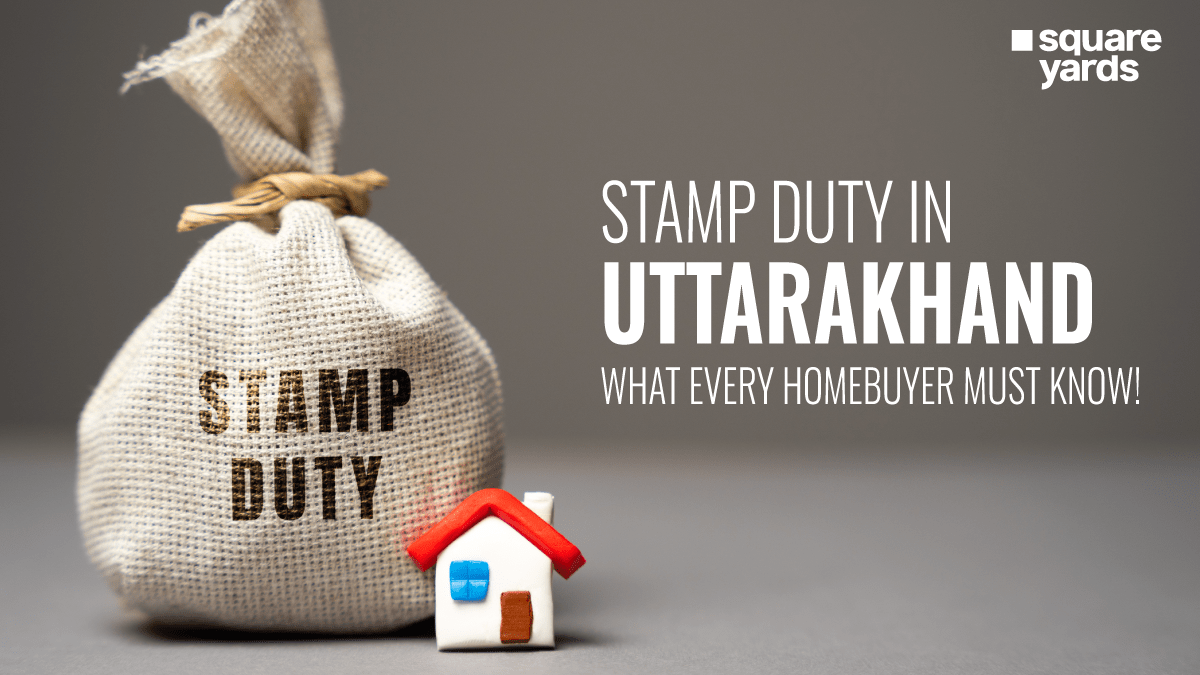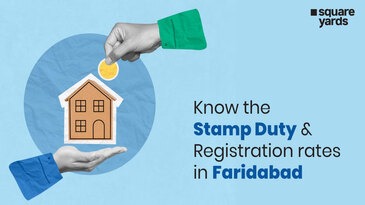Everyone takes a loan with a repayment plan in mind. However, if you are unable to pay your EMIs on time, do you think a bank loan settlement is the ultimate solution?
Reaching out to the lender or bank for settlement of loans might just be one of the biggest mistakes any borrower can commit. It severely affects your CIBIL score barring you from availing of a loan for the next seven years. Unaware of this fact, many people rush to take a drastic decision on loan settlements.
And so that you don’t make the same mistake, this article describes in detail the adversities of settlement of loans and why you should not opt for it. We will also walk you through how to improve your CIBIL score after settlement.
What Do You Mean by Loan Settlement?
A loan settlement may also be known as a credit settlement, debt negotiation, or debt arbitration. Settlement of a loan is a situation in which the borrower is not able to make the loan repayments to the lender. This might happen because of any illness, job loss, or injury. So, the borrower might ask the lender to give him some time before he begins the repayment process.
In this case, the lender makes a One Time Settlement (OTS) offer where the borrower can take some time off (6 months in most cases) and then repay the loan amount in one go. They come to a mutual agreement of a reduced amount which will be regarded as the full and final payment. After the full repayment, the loan status will be marked as ‘settled’ in your credit report. This is known as the settlement of loans.
In What Cases Does the Bank Provide OTS?
The bank offers the OTS or One Time Settlement in the most genuine cases like accidents, serious medical conditions, or job loss. The bank may weigh the borrower’s situation and ‘write off’ the differential loan amount in such cases.
This differential amount is the gap between the amount which has been given back and the amount which is due. The borrower might be relieved with the decision at that moment as he would not have to bear the burden of the loan anymore. However, it would incur a loss for him in the future.
Does this positively or negatively affect the borrower’s credit score? Let us understand.
How Does Debt Settlement Affect Your Credit Score?
The ‘writing off’ of a loan is reported by the bank or lender to the CIBIL (Credit Information Bureau (India) Limited). Even though the contract between the borrower and the lender has ceased with the settlement of the loan, it is recorded as ‘settled’ and not ‘closure’ in the credit report.
This ‘settled loan’ status does not have a positive implication and is considered a negative credit behaviour. Your credit score may drop by 75 to 100 points because of the settlement. Moreover, the settlement makes it difficult for you to obtain another loan because CIBIL maintains the settlement records in your report for seven years.
Hence, if you apply for a loan in these seven years, the lenders would be on their guard to approve your loan. They might even straight-up cancel your loan application if they cross-check your credit report.
What Will Happen after the Loan is Settled?
Your credit report will have ‘settled’ marked after the process. ‘Settled’ means that the credit institution is willing to accept the offered amount, which is less than the actual amount of the loan. Since the lender/bank had to take a loss from the borrower, the ‘settled’ status will be considered negative.
What Can the Borrowers Do?
A One Time Settlement (OTS) offer seems like a bed of roses from afar but is actually a grave for the borrowers. The ‘settled’ mark in your credit report will cause you difficulties for a period of 7 years until CIBIL keeps the records of your credit report. So, it’s best to try and choose other safer options to repay your loan amount.
If possible, try to liquidate your investment or assets to get rid of the debt. You can also think of other methods to raise the money. Contact your relatives or friends to help you out because it is always recommended that ‘settlement’ should always be a last resort.
You can also request your lender to extend your repayment term, restructure the monthly instalment system, reduce interest rates or waive off the interest payment as long as possible so that you can make your monthly payments on time.
Once the deal with the lender has been finalised, ensure to keep an eye on your credit score. Maintain an ideal credit score and make up for any fall in the score. To avoid a similar circumstance in the future, you can choose to opt for a secured loan so that the lender can be sure of your repayment capabilities.
Another alternative is to go for an insurance policy against your loan so that if you are not able to make the loan repayment, your insurance will do the needful for you. Therefore, you would not lag in your loan payments, and your credit score will remain unaffected.
How to Improve CIBIL Score After Settlement?
After your loan has been settled, you will be free of the monthly EMIs, but your credit score will suffer immensely. Hence, it is important that you take command of your financial situation strictly in your hands. You can follow these steps to improve your credit score:
- Clear All Previous Dues: Ensure to clear your balances, especially those in credit cards or loan accounts, as they adversely affect the credit score.
- Manage Your Credit Cards: Sometimes, even a credit card you don’t use anymore might be causing a default in payment. So, go through all your cards frequently and close the cards you no longer use. However, keep your oldest credit card with you because it creates a good credit impression.
- Credit Utilisation: A favourable Credit Utilisation Rate (CUR) goes a long way. It will be best to keep your credit card usage limit to 30% or less.
- Avoid Loan Queries: After you have defaulted on your loan, you must not make a query or apply for a new loan immediately within a few months.
- Opt for a Secured Loan: If you need financial assistance despite a bad credit history, you should opt for a secure loan. Also, keep a backup for repayment. You can also rope in a co-signer or guarantor for a better borrowing position.
- Create a Good Credit History: Your credit report is the first thing that financial institutions check to approve your loan application. Make sure that you abate the bad record of the past in the credit report.
Points to Remember
- Always borrow within your repayment capability so that you can pay back without difficulty.
- Do not opt for the One Time Settlement hurriedly. Scan through your options and the impact they will have on your credit score.
- Religiously maintain a good CIBIL score. An impeccable credit score and credit behaviour will always help you financially. Ideally, it should be maintained at 750 or above.
- Be cautious while applying for credit. Avoid availing multiple loans or credit cards if you cannot handle them responsibly.
FAQ
What is a settlement in banking?
Settlement of loans in banking means that the borrower is not able to repay the loan amount. Hence, the lender provides a One Time Settlement offer to repay the loan amount in one go after the borrower is given some time.
Do settlements affect my CIBIL report?
If a loan is settled, it is considered negative credit conduct, and the borrower’s credit score drops down by 75-100 points.
Does loan foreclosure affect CIBIL?
Yes, the foreclosure of a loan affects your CIBIL score as it diminishes the borrower’s ability to repay the EMI amount as per schedule.
How can I increase my CIBIL after my loan settlement?
To increase your CIBIL score, clear all previous dues, build a good credit history, make good credit utilisation and try not to make loan queries too soon.
Can I get a loan after settlement?
A settlement affects your credit score to a great extent, and the lender sees it as negative credit behaviour. So, a lender will be reluctant to give you a loan after settlement.






